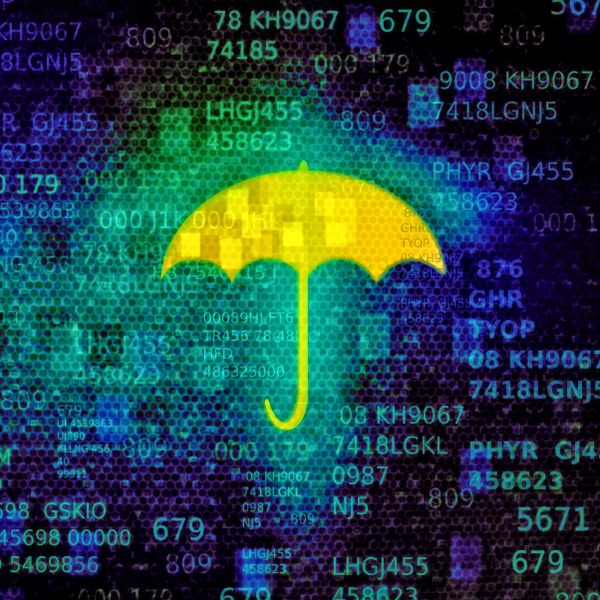Spam Becomes Leaner, More Targeted, for Mother`s Day

Spam messages and their related scams have dropped ahead of Mother`s Day this year, but gift givers ” and their mothers ” are far from safe. While spam campaigns are shedding the emphasis on mass numbers, crooks are aiming for greater efficiency
Spam campaigns that emerge around Mother`s Day and other holidays may not overwhelm inboxes like they used to since spam dropped a whopping 30 percent overall in the past year, but the messages people do receive are craftier and look more legit.
In early May, scammers started tempting German- and English-speaking Internet users with the well-known offers of jewelries, flowers, travel gift cards, replica purses and watches, restaurant discounts, and spa or gym vouchers. Blurring the lines between advertising and spam, these e-mails continue to pierce the e-mail filters tempting the users into buying things they haven`t searched for.

As we head into another Mother`s Day, spam is not bothering as many people as much as it used to. Instead of posing as a minor nuisance to millions of people, though, spammers are focusing on getting through more effectively to fewer people. The fight against spam has marked success on one front, but it hasn`t been won.
From online booking for romantic dinners to celebrating Mother`s Day, pre-paid gift cards to irresistible luxury gifts such as genuine pearl earrings and jewelries, spammers have anything for sale. However, every purchase is fraught with risks, ranging from paying for a product users will never receive, to credit card abuse.
If you are looking for the perfect gift to celebrate Mother`s Day, here are some tips & tricks meant to help you stay out of the harm`s way around this special occasion:
– Pay extra attention to online search results, as well as to suggestions posted on social networks and bulletin boards. While some are legit, others try to lure users into accessing links to malware, fake web shops or surveys.
– If you are a mother, pay extra attention to anything in your digital universe, especially to e-mail messages that claim to bear digital gifts, including greeting cards, coupons or discount vouchers.
– Never open or download e-mail attachments that come from unknown sources. If you really need to do so, make sure that you scan it first with a locally installed antivirus solution.
– Avoid shopping online when using public WiFi hotspots such as those in airports, coffee shops or malls. Usually, data exchanged between you and the online shop of choice flows through an unencrypted channel and can easily be intercepted by an attacker.
Weapons against spam, including spam filters deployed on e-mail servers, crackdowns on illegal spam networks and increasing skepticism of internet users, have dealt a significant blow to spammers throughout 2011, according to Bitdefender data. Although spam is becoming less prominent, the number of messages bundled with malware is constantly rising, posing even greater threats for the unwary users.
This article is based on the technical information provided courtesy of Bitdefender AntiSpam Lab.
All product and company names mentioned herein are for identification purposes only and are the property of, and may be trademarks of, their respective owners.
tags
Author
A blend of product manager and journalist with a pinch of e-threat analysis, Loredana writes mostly about malware and spam. She believes that most errors happen between the keyboard and the chair.
View all postsRight now Top posts
How to Protect Your WhatsApp from Hackers and Scammers – 8 Key Settings and Best Practices
April 03, 2025
Outpacing Cyberthreats: Bitdefender Together with Scuderia Ferrari HP in 2025
March 12, 2025
Streamjacking Scams On YouTube Leverage CS2 Pro Player Championships to Defraud Gamers
February 20, 2025
How to Identify and Protect Yourself from Gaming Laptop Scams
February 11, 2025
FOLLOW US ON SOCIAL MEDIA
You might also like
Bookmarks








